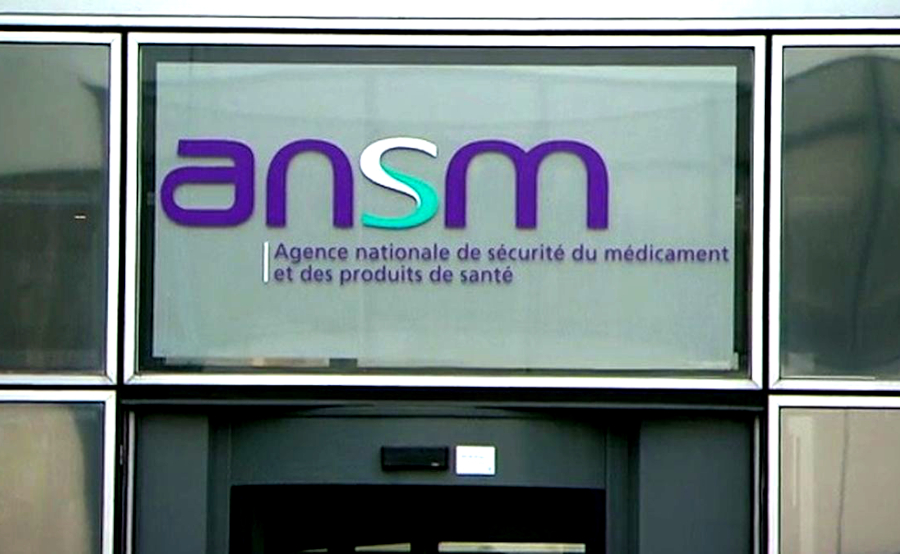French health officials have issued an urgent warning to consumers to avoid products containing synthetic hemp-derived intoxicants, and declared an exhaustive list of substances as narcotics.
The National Agency for the Safety of Medicines and Health Products (ANSM) said the decision follows reports of consumption leading to serious effects received by a Paris drug information center.
Designated narcotics
In addition to psychoactive hemp-derived substances most commonly in circulation such as delta-8 THC, HHC and THCA, French authorities also declared as dangerous drugs:
- H4-CBD, or hexahydrocannabidiol, a synthetic cannabinoid derived from CBD that is made by adding hydrogen atoms to the CBD molecule, slightly altering its chemical structure.
- H2-CBD, or dihydrocannabidiol, another derivative of CBD that, unlike H4-CBD, involves adding only two hydrogen atoms.
- THCP, or Tetrahydrocannabiphorol, a naturally occurring cannabinoid found in trace amounts in the cannabis plant. It is similar to delta-9-THC found in abundance in marijuana, but with a slightly different chemical structure.
- HHCPO, or HHCP-O-acetate, a semi-synthetic cannabinoid derived from THCP that is made by hydrogenating THCP to create HHCP (hexahydrocannabiphorol) and then adding an acetate group. HHCPO is not naturally found in cannabis plants.
While not all of those substances have been proven to have a psychoactive effect, they were all nonetheless classified by ASNM as narcotics. The agency said all have been offered online and in CBD retail stores in the form of resin, powder and e-liquid to be ingested or smoked. All are illegal as of June 3, 2024.
‘Serious effects’
“Consumption of these substances can lead to immediate effects such as vomiting, loss of consciousness, coma, convulsions, paranoia, anxiety, high blood pressure, and tachycardia,” the agency said in its warning. “These substances mimic the effects of THC, the main psychoactive component of cannabis, with serious and more intense effects than those felt with cannabis consumption.” In addition, these products may cause addiction.””
ANSM said the effects on users are more intense due to the compounds’ frequently high potency, and may require urgent medical care. The intensity of the effects depends on the method of consumption and the concentration of such substances in the products, which can heighten the severity of any complications.
“We draw the attention of potential consumers to the fact that the composition of these products may not correspond to that indicated on the packaging of the product sold. Their cannabinoid concentration is generally high and often unknown to the consumer,” the warning also said.
Other substances affected
ANSM also swept up a number of relatively obscure hemp-derived synthetic cannabinoids about which little is known by researchers, and declared those substances to be narcotics as well. Those purely chemical compounds include: 5F-Cumyl-Pegaclone (5F-SGT-151); Cumyl-CH-Megaclone (SGT-270); 7APAICA; 5F-7APAICA; Cumyl-P7AICA; 5F-Cumyl-P7AICA; BZO-Hexoxizid (MDA-19); and BZO-Poxizid (5C-MDA-19).
ANSM said all of those hemp-derived substances are also widely available in French shops.
The phenomenon of intoxicating hemp substances arrived somewhat late in Europe, compared to other parts of the world, especially the U.S., where a debate is raging over the compounds. After the market for over-the-counter CBD extract health aids boomed and then busted beginning in 2019, companies left holding backlog stocks of CBD – upon which many of the synthetic intoxicants are based – started selling them to the makers of products containing the substances.
Europeans oppose intoxicants
Unlike the U.S., European hemp stakeholders have come out against hemp-derived intoxicants. The European Industrial Hemp Association is on record as opposing them. The CzecHemp cluster, an industry group, has called on legislators and authorities to set a legal framework for the substances, saying products that contain them present “a number of serious risks and problems.”
HHC, specifically, has been found in products on 20 EU markets and in non-EU members Norway and Switzerland. Finland has banned its sale, as has Sweden. Estonia has classified it as an illegal drug.

